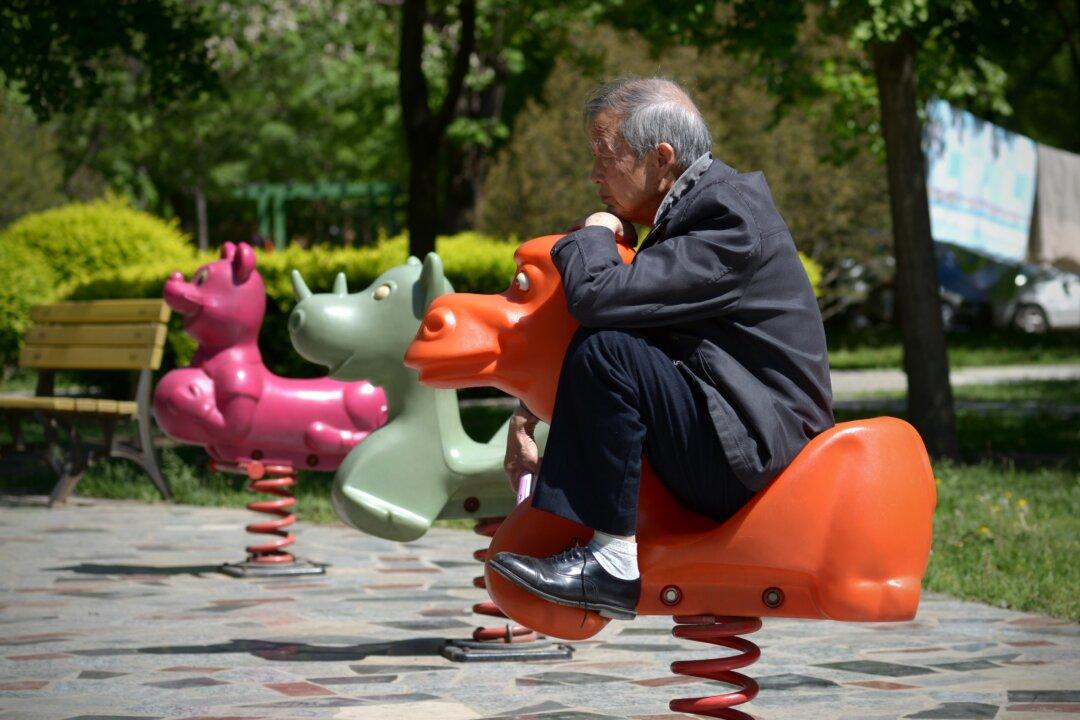To get the Chinese people to buy into its one-child policy in the 1980s, the Chinese Communist Party vowed to take care of Chinese couples when they entered their golden years.
Hundreds of senior Chinese one-child parents recently found that promise to be empty.
On April 18, about 1,700 one-child parents traveled to the National Health and Family Planning Commission headquarters in Beijing to petition for better social support, according to Lianhe Zaobao, a Singapore Chinese language daily newspaper.
Their demands include the creation of an agency that would serve as their legal dependent (hospitals and senior homes are currently turning away seniors who don’t have a child to act as a legal guarantor), and an increase in the government stipend for families bereaved of their only child.






